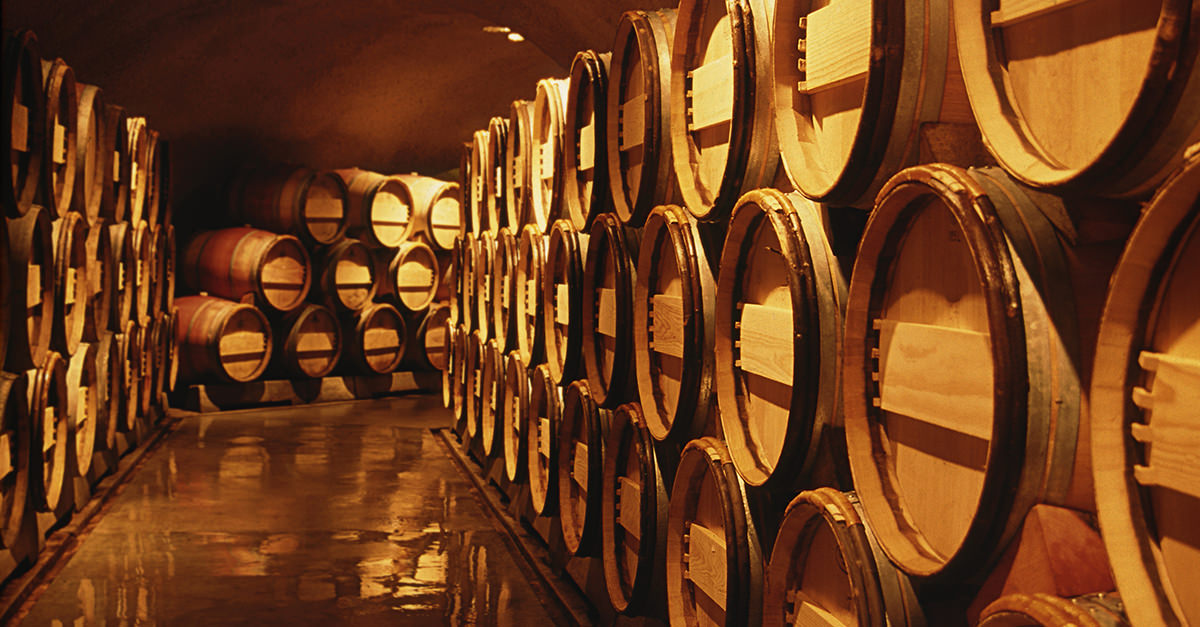



Article by: Hari Yellina
Australia’s $1.8 billion budget is being reformed. According to one of Australia’s largest wine producers, the Murray Darling Basin water trade must acknowledge the multiplier effect of assets, not merely their rewards to growers and investors. John Casella is the managing director of Casella Family Brands, the country’s third largest wine firm and the maker of Yellow Tail, the country’s largest single wine export. Mr Casella grows and purchases grapes throughout southern Australia, and his farmer network consumes roughly 45,000 megalitres of irrigated water. “When you look at what one megalitre in grapes delivers back to regional areas, it’s substantially more than in other crops,” Mr Casella said.
“There has to be a mix between a free enterprise and community advantages.” The demand came just days before the election, as the Morrison government considered the findings of an Australian Competition and Consumer Commission inquiry into the Basin’s water markets last year. The 18-month investigation received over 130 comments and indicated widespread market scepticism, including charges of market manipulation and corruption. Mick Keogh, the ACCC’s deputy chair, stated that “complete and focused change is required to build confidence and market efficiency, as well as better honesty and transparency.” An important idea, he said, was the creation of a national water markets agency.
“One of the biggest issues that irrigators raised with us was the fact that market reporting in the water market is very poor in comparison to, say, the wool, beef, or sheep industries,” Mr Keogh said. “Their confidence in trading in the water market is very much affected by the fact that you’re scratching around for information or scratching around for reliable information.” Daryl Quinlivan, the former secretary of the Department of Agriculture and Water Resources, was selected by the government in October to prepare a water market reform road map, which will be submitted in June 2022.
Mr Casella expressed concern about the escalating cost of high-security water for permanent plantings like wine grapes, and suggested that the government consider reducing water allocations for crops that did not provide as much benefit to regional communities. “Not to disparage cotton or anything else, or almonds for that matter,” Mr Casella added, “but the return per megalitre is substantially smaller.” “Although the economic return to growers and landowners may be higher, the return to the community is significantly lower, and I believe this is something we should bear in mind. It’s not only about the cost; it’s also about the return to the area communities that receive the water.”
Despite several odd weather occurrences and a wetter than ordinary summer across the southern states, Mr Casella said the current wine vintage looked promising. Although the COVID-19 epidemic caused supply chain issues such as shipping costs and availability, sales of the company’s flagship Yellow Tail wines soared. “During COVID, we saw a significant growth. People gravitated toward businesses they trusted and felt more comfortable and confident with, which resulted in an increase in sales “he added. Yellow Tail was produced in around 13.5 million cases last year, and it was exported to more than 50 nations.